Publications
Articles, publications, books, tools and multimedia features from the U.S. Institute of Peace provide the latest news, analysis, research findings, practitioner guides and reports, all related to the conflict zones and issues that are at the center of the Institute’s work to prevent and reduce violent conflict.

New Evidence: To Build Peace, Include Women from the Start
In the 20 years since governments declared it imperative to include women’s groups and their demands in peace processes, experience and research continue to show that this principle strengthens peace agreements and helps prevent wars from re-igniting. Yet our inclusion of women has been incomplete and, in some ways, poorly informed. Now a study of recent peace processes in Colombia, Mali, Afghanistan and Myanmar offers new guidance on how to shape women’s roles. A critical lesson is that we must ensure this inclusion from the start.
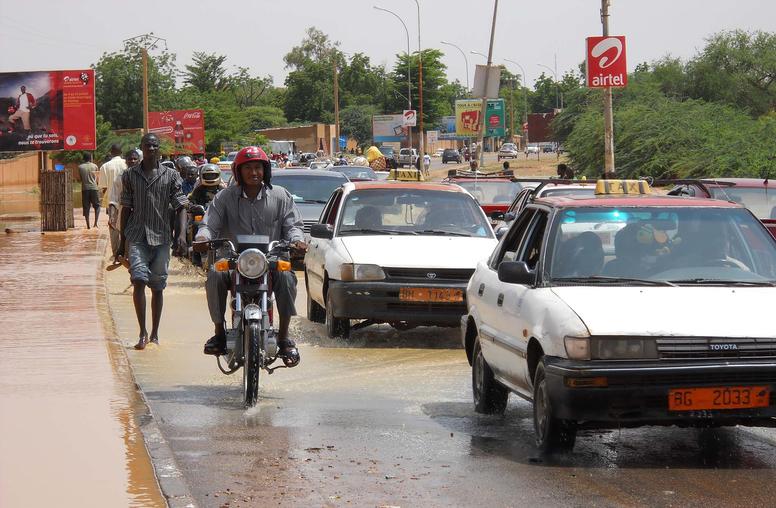
Despite Post-Election Violence, Niger Achieves Democratic Breakthrough
Niger’s presidential election has ushered in the West African nation’s first-ever democratic transition of power. As some international observers have heralded the success of these elections, accusations of irregularities have led to massive protests and government repression, including a 10-day internet shutdown. Hundreds of people have been arrested in the capital, Niamey, while police have clashed with protesters in several other cities. USIP’s Nourdine Harouna Abdou explains what happened in the first- and second-round votes and what the elections mean for peace and security in Niger.

What Can We Learn from Syria’s Devastating Decade of War?
As the Syrian conflict marks its 10th anniversary, the protest movement from which it emerged stands as perhaps the most consequential of the Arab uprisings. The March 2011 peaceful protests that erupted across Syria have since evolved into the world’s most complex conflict. Equally significant, the conflict’s trajectory provides important insights into the complexity of the challenges that lie ahead in Syria, with significant ramifications for the region and the broader international community.
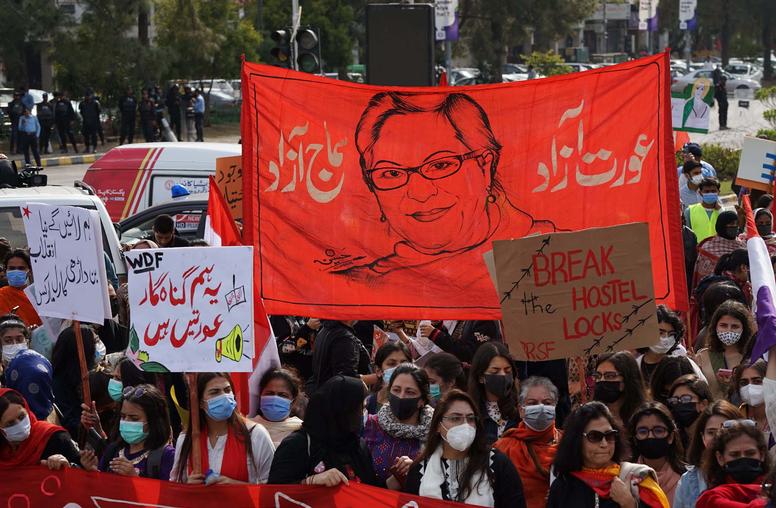
Pakistan: A Rising Women’s Movement Confronts a New Backlash
Thousands of women rallied across Pakistan on International Women’s Day this year and demanded an end to violence against women and gender minorities. In the days since, Pakistan’s Taliban movement has escalated the threats facing the women who marched. Opponents of women’s rights doctored a video of the rally to suggest that the women had committed blasphemy—an accusation that has been frequently weaponized against minorities in Pakistan and has resulted in vigilantes killing those who are targeted.
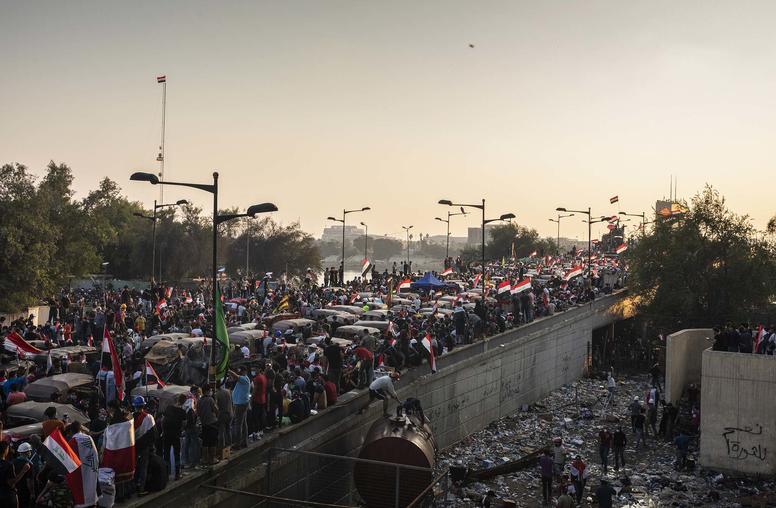
Iraq Faces Major Governance Challenges—Can Decentralization Help?
Over the last year Iraq’s economy has been in free fall, leading to a recent decision to devalue its currency, the dinar, by 23 percent. As the country deals with intersecting economic, political and security challenges, a growing chorus is calling for greater control over decision-making at the local level. A critical step in that effort is to ensure that Iraq’s budget is responsive to the needs and priorities of local communities. Absent comprehensive reforms, decentralization efforts on the budget or in other sectors will not address Iraq’s manifold governance woes, but it could be a step in the right direction.
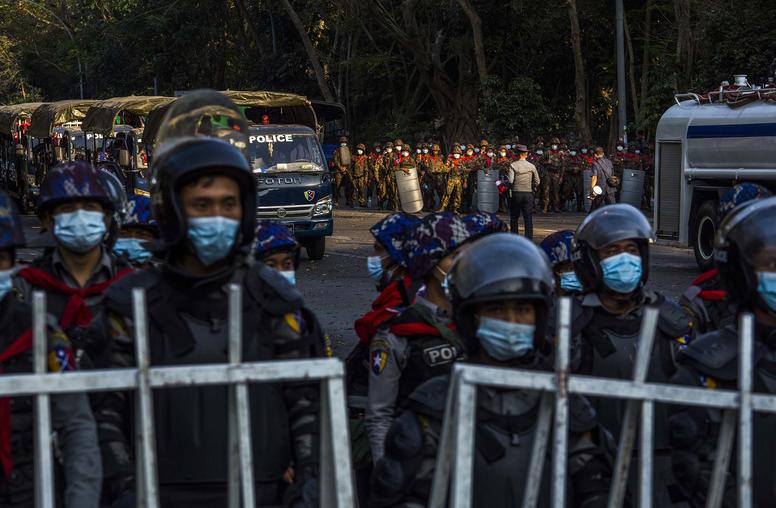
Myanmar Coup: The International Shockwaves Have Just Begun
Myanmar has collapsed into horrific violence since the military sought to retake full control of the country on February 1. Western governments have watched in distress as soldiers rounded up civilian leaders including State Counsellor Aung San Suu Kyi and President Win Myint, restricted internet access, rolled back individual freedoms and ultimately employed violence against the people. These domestic effects of the coup have been widely noted. USIP’s Jason Tower examines here the less discussed international security repercussions, the response of regional actors and options for preventing mass atrocities in the coming weeks.
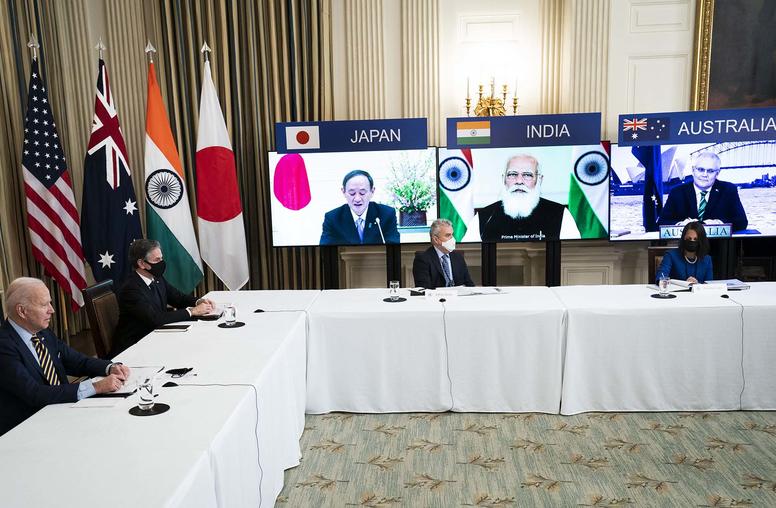
Austin, Blinken Affirm U.S. Commitment to Asian Allies
U.S. Secretary of State Antony J. Blinken and U.S. Defense Secretary Lloyd Austin are in Asia this week for their first official foreign trip. They held meetings in Japan and South Korea. Blinken returned to the United States via Alaska where he and U.S. National Security Advisor Jake Sullivan meet with their Chinese counterparts today, while Austin is in India. On March 12, President Joe Biden and the leaders of Australia, India and Japan participated in a virtual summit of the “Quad,” a strategic dialogue between the four countries aimed at ensuring an open, free and prosperous Indo-Pacific region.
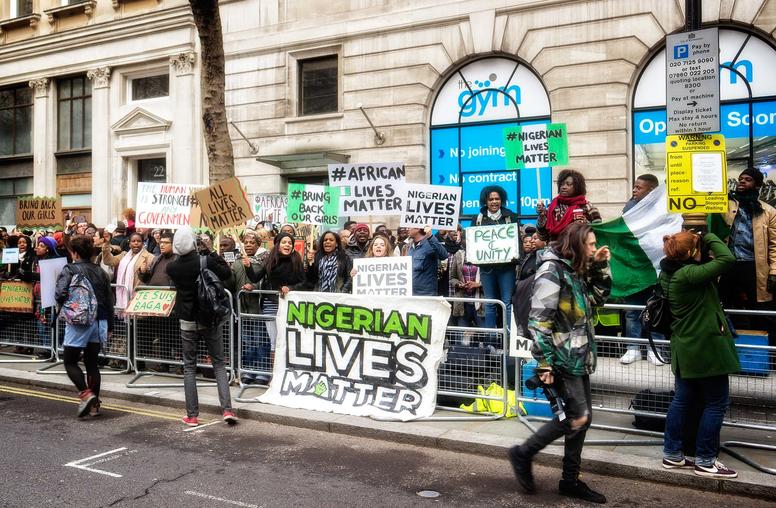
Nigeria Needs Justice, Not Payoffs, to Build Peace
When gunmen stormed a Nigerian government high school last week, kidnapping dozens of students for ransom, this fourth mass kidnapping in three months underscored that Nigeria’s response so far is not reducing the violence and insecurity spreading across the country’s north. That response has been largely ad hoc, a mix of federal military actions, state officials negotiating with the criminal gangs and, allegedly, the payment of ransoms. A more effective response will require better coordination among federal and state authorities, the inclusion of civil society in a broad strategy, and support from the international community.
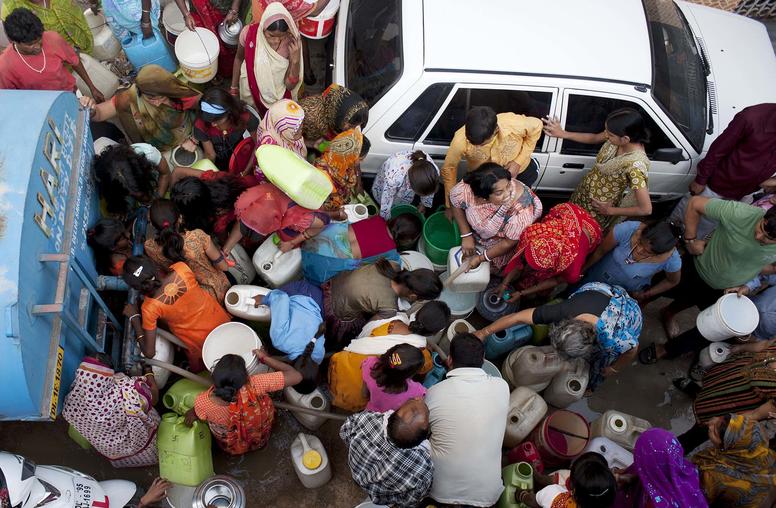
World Water Day: The Role of Nonviolent Action in Water Governance
Will people go to war over water? According to the United Nations, “Water is the primary medium through which we will feel the effects of climate change” in the years ahead. As access to this finite, vital resource becomes increasingly imperiled, water-related tensions will rise — both between states and within them. In recent decades, disputes between governments and local stakeholders have resulted in mass action events centered on water governance. Today, in the age of accelerating climate change, nonviolent movements will need to adapt their strategic thinking if they are to improve water governance and prevent violent conflict.
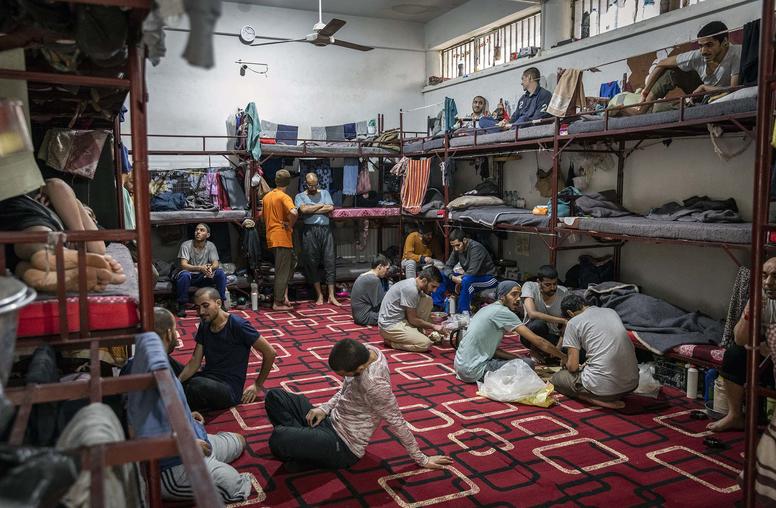
Guns, Camps and Deradicalization: Violent Extremists in Conflict Zones
Violent extremists make civil conflicts more complex and less manageable. Whether in the Middle East, Africa or South Asia, one of the many problems presented by conflicts involving violent extremists is how to deal with these combatants and associates when they surrender or are captured. There have been many attempts to disengage, deradicalize, rehabilitate and reintegrate violent extremists around the world, but most research focuses on stable settings such as Western Europe and North America. What, then, do we know about how to do this in the middle of conflict?